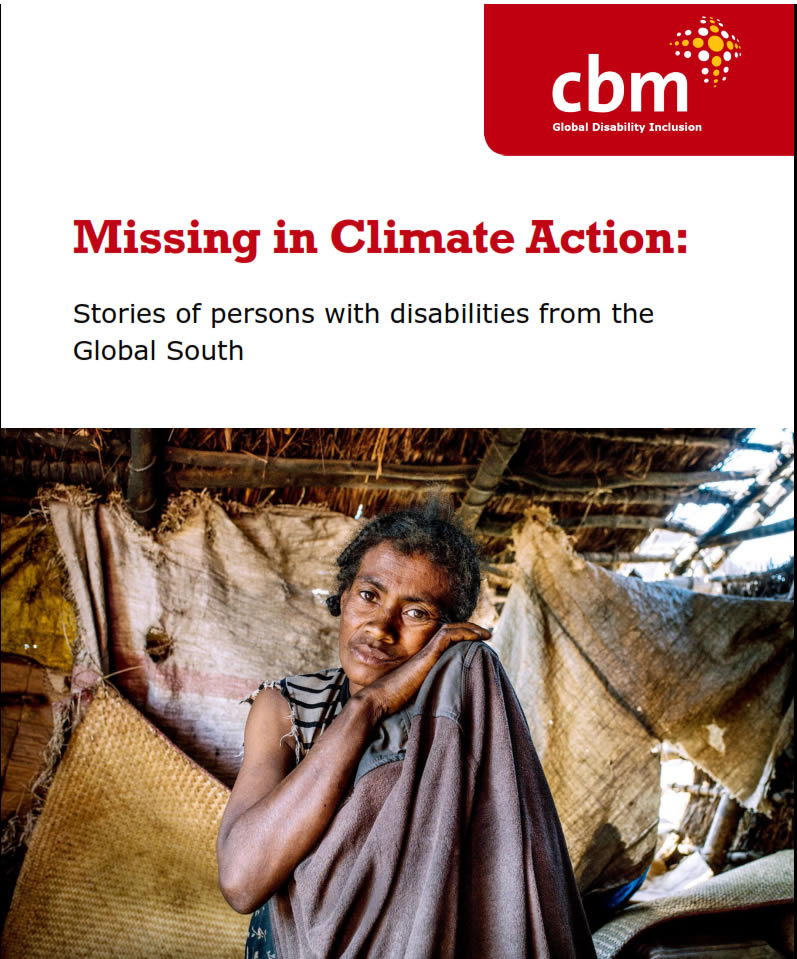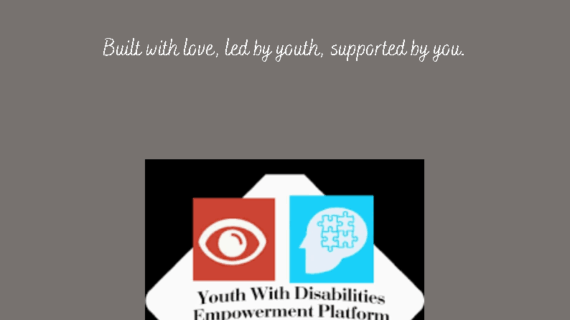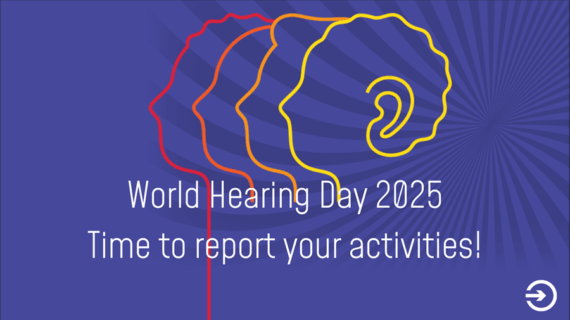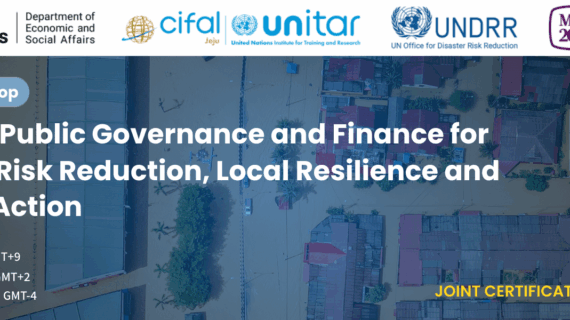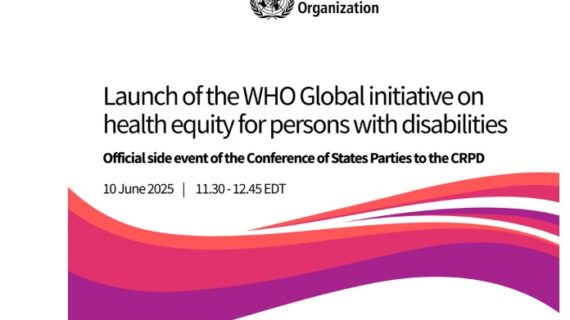Missing in Climate Action: Stories of persons with disabilities from the Global South
The climate crisis is having an impact on everyone’s lives. Each year, we are witnessing more and more extreme weather events resulting in natural disasters and the increased need for humanitarian assistance. The impact of environmental degradation is evidenced by the movement and displacement of communities, loss of livelihood, family and social networks. Rising sea levels in low lying islands are leaving people and communities living there no choice but to relocate.
For CBM Global and the countries and communities we work with, the climate crisis is impacting daily lives, disrupting health, economic and social systems and in many cases causing harm and irreparable loss and damage. Undertaking this research was important for us to understand how persons with disabilities and their representative organisations in the countries where we work are impacted by the changing climate and how they are also actively contributing to the activism that is urgently needed.
The key findings of this research point to the missing building blocks that are needed for a disability inclusive approach to climate action at the national level. It highlights the prerequisites for inclusion such as accessibility, inclusive participatory approaches and data, which are currently missing. These are critical for effective policy making and programme implementation.
The findings also show us that there is a strong connection to the climate policy agenda, of loss and damage, the need for adaptation and the need for a disability inclusive approach to mitigation. We trust that in reading this report, you will gain insights about the barriers and the challenges faced by persons with disabilities and their representative organisations.
Most importantly though, we hope that in reading the stories of collaboration and mutual learning shared in this report, you are inspired to action, working together to pursue a more sustainable, inclusive planet for future generations. David Bainbridge, Executive Director

